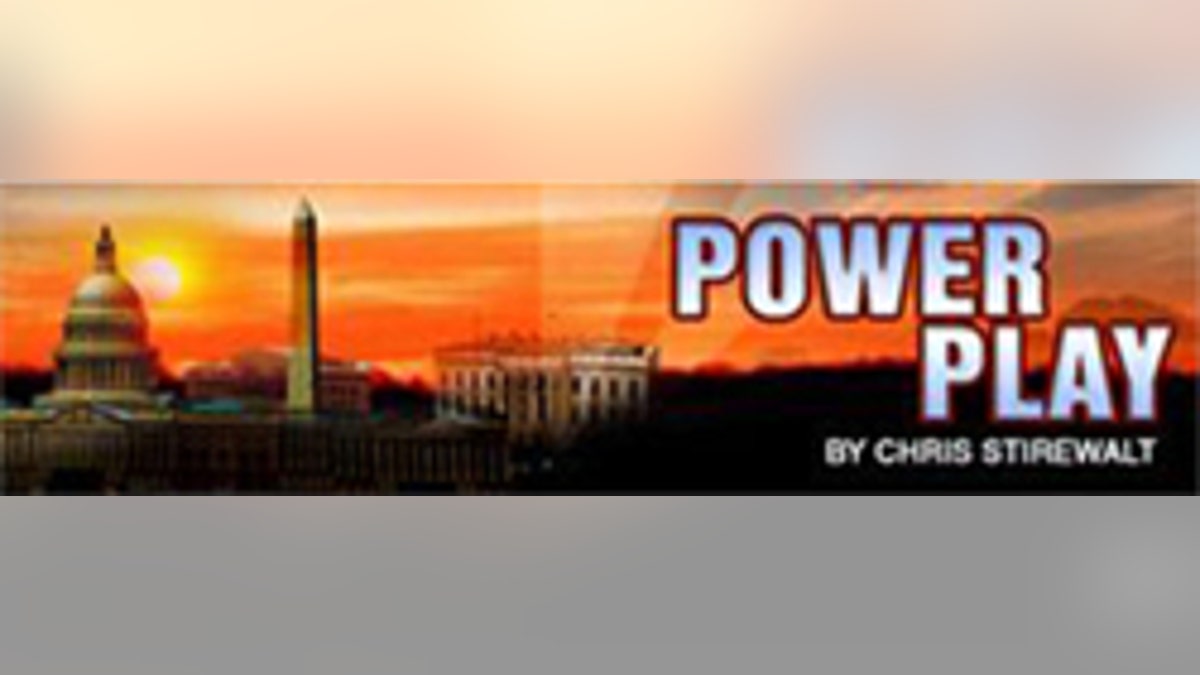
((Be the first to get unique political content and analysis with Fox News' AEHQ iPhone app))
Health care, President Obama's signature legislation, is playing a role in this year's midterm elections -- but the larger impact and aftershocks of how much it was on voters' minds likely won't be felt until after November 2, and it will probably be bigger than expected.
Some analysts are arguing candidates haven't made it a prominent enough issue on the campaign trail, but it has definitely resonated with voters.
All four parties in play this election cycle have seen it a liability -- Republicans have touted repealing it, vulnerable Democrats have distanced themselves from it, Tea Party members denounced it as intrusive, and independent voters, who are leaning to the GOP this year, are also showing their displeasure with the law.
A new Politico poll out today shows that 62 percent of independents have an unfavorable view of the health care bill, and only 6 percent view the legislation very favorably.
This could be troubling news for the White House, who plans to still explain and "sell" the passing of the bill in the months to come. Administration officials have said it will be a priority for them to explain and tell the good parts of the bill AFTER it passed.
And it seems some state lawmakers, who at the local level would have to implement the bill, were unsure of its contents as well. Popular Democratic West Virginia Gov. Joe Manchin, who is in an unexpectedly tight Senate race, said on Fox News Sunday he didn't quite understand key parts of the bill when he previously endorsed it earlier this year.
"Reaching as far as they did in the weeds of the bill that we didn't know about, no one else knew about until it came out - knowing that, I would not have supported that or voted for that at that time," Manchin said.
Obama has admitted there were probably some communication problems in his first year in getting his message out. But after more than 50 speeches or remarks on this legislation last year, that opens himself up for easy criticism.
Pat Caddell, a Democratic pollster and Fox contributor, lies blame on Republicans for not making this a bigger election issue and that they "missed the boat" on this one.
"Republicans and conservative groups who have not provided national narrative to show people what has happened since the bill took place, most people don't get to follow the news as extensively, the fact is [the] president has not been challenged," Caddell said.
Cadell adds that there's a larger issue the media and pundits are ignoring. "The real untold story -- health care -- the fact of how deeply the American people have sustained their opposition after all the money that has been expended by Obama administration. Bills like this, Americans revolted having shoved down throat, something this huge."
He says Republicans never made that case, in part because they also follow the ways of Washington and will sometimes ram bills down people's throats too.
The voter anger did reach a fever pitch a year ago with raucous town hall debates during the Congressional recess. Although that passion hasn't been so visible this year, Cadell thinks it will be coming back, especially when large and small employers start trickling out details or plans they have to cut back health care coverage because of the new bill, which won't even have its full implementation for several years.
Karl Rove, former Bush adviser and current Fox News contributor noted on CBS' Face the Nation that the public's view of the bill stands out in history. "It's the only piece of major social legislation that I've seen in modern times that became less popular after it was passed."
In a recent interview, Obama tasked Republicans with their charges in reversing the legislation.
"What is clear to me is that, in the abstract, everybody on the Republican side is for repeal. What's going to be tested after the election is these specific provisions [like pre-existing conditions and the so-called donut hole for senior citizens] and how do they feel about them? Because it turns out that those provisions are hugely popular and they're the right thing to do," Obama said in an interview with the National Journal last week.
He also touts a Congressional Budget Office report stating health care will save us a trillion dollars over the next two decades, and Republicans will have to answer or match that saving with a plan.
But there's another trillion-dollar figure that might still be resonating more with voters as well-- the money spent on stimulus and spending programs at the beginning of the Obama administration that were meant to boost the economy, yet unemployment numbers are still bleak.
Democratic National Committee Chairman Tim Kaine on Sunday tried to smooth over any appearance that Democrats weren't behind the health care legislation.
"When...people immediately see the benefits that are going to come their way, I think this is going to be a great thing politically for the Dems. And we're trying to show members that they've got their constituents behind them if they vote with the president," Kaine said on ABC's "This Week."
A Financial Times article by Clive Crook Sunday points out another factor that could lengthen the health care debate well past November 2 -- action in the courts:"Many states are challenging the reform's constitutionality. A federal judge in Florida has recently ruled that 20 states challenging the law's ‘individual mandate' (the requirement that everybody have health insurance) and other provisions had a plausible claim, and let the case proceed. It will likely end up in the Supreme Court."
If the mandate were ruled unconstitutional, that would be more than a minor setback. Without it, the reform's fiscal arithmetic, shaky to begin with, would fall apart entirely."Most constitutional scholars think it unlikely that, understanding this, the Supreme Court would strike down the mandate," Crook writes.




